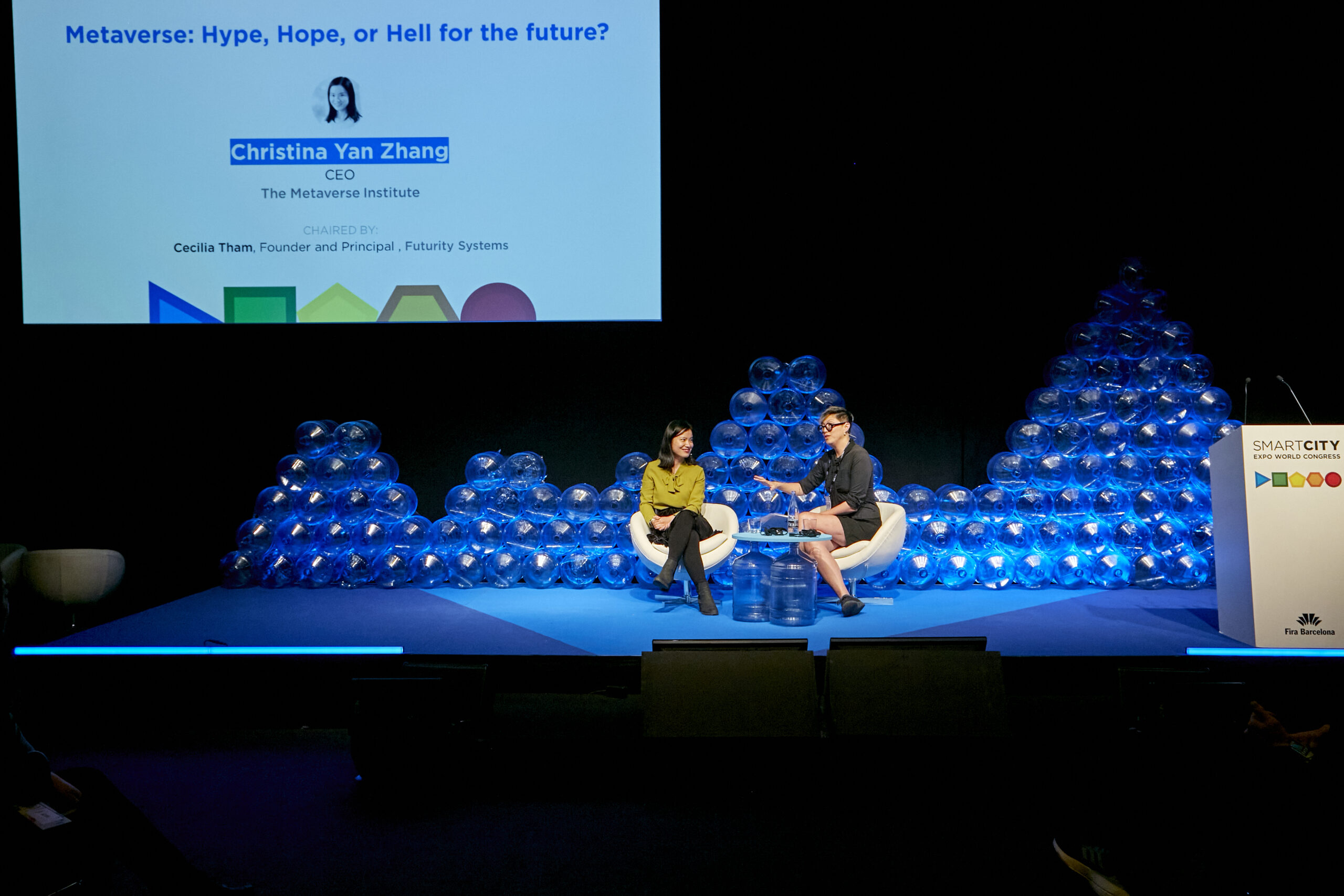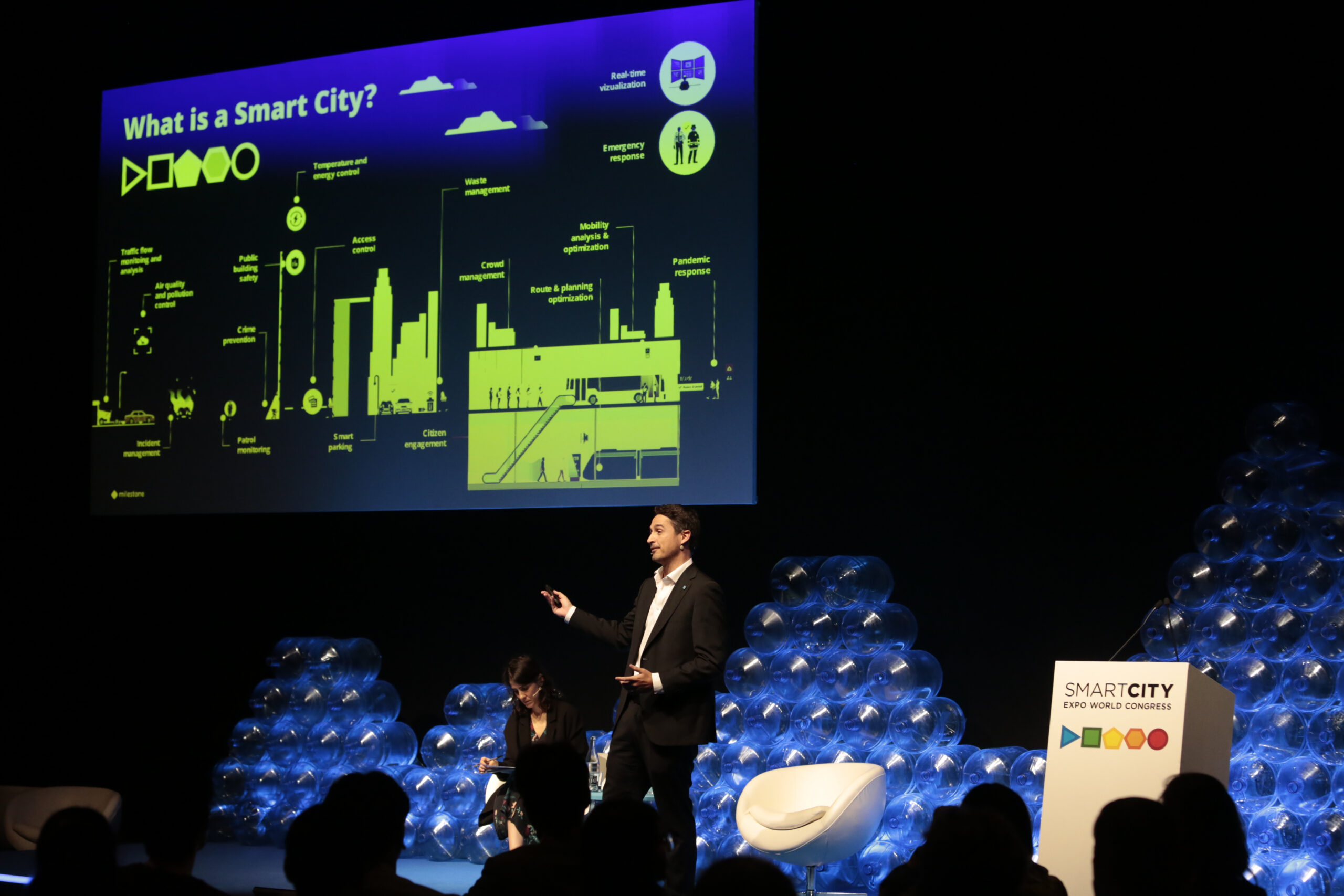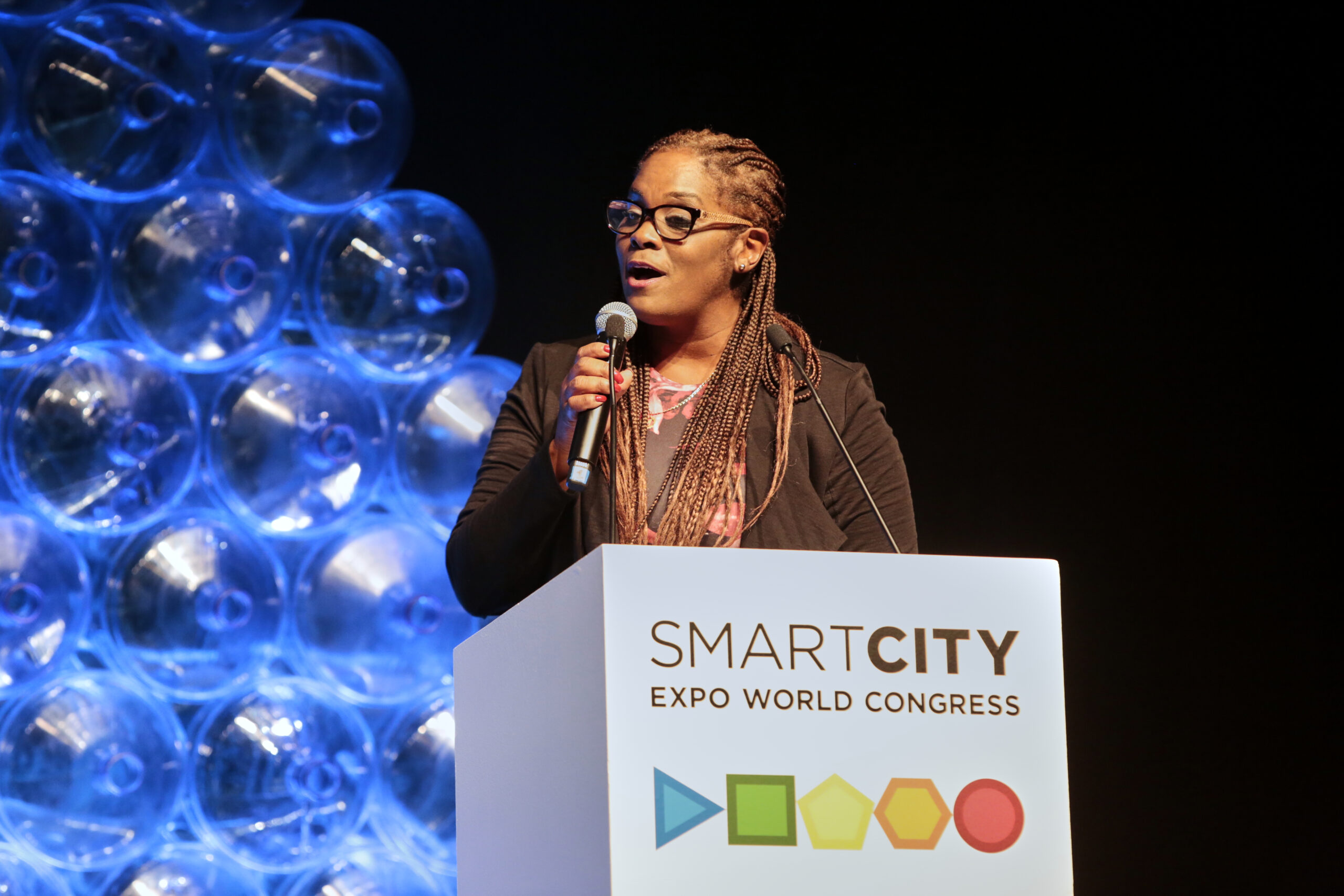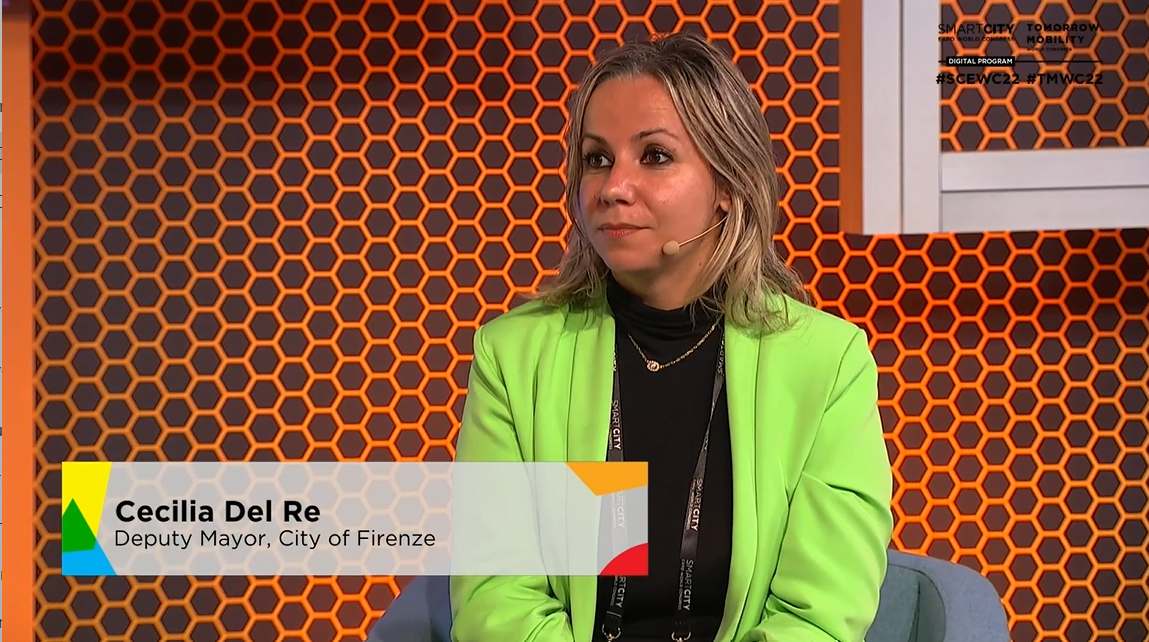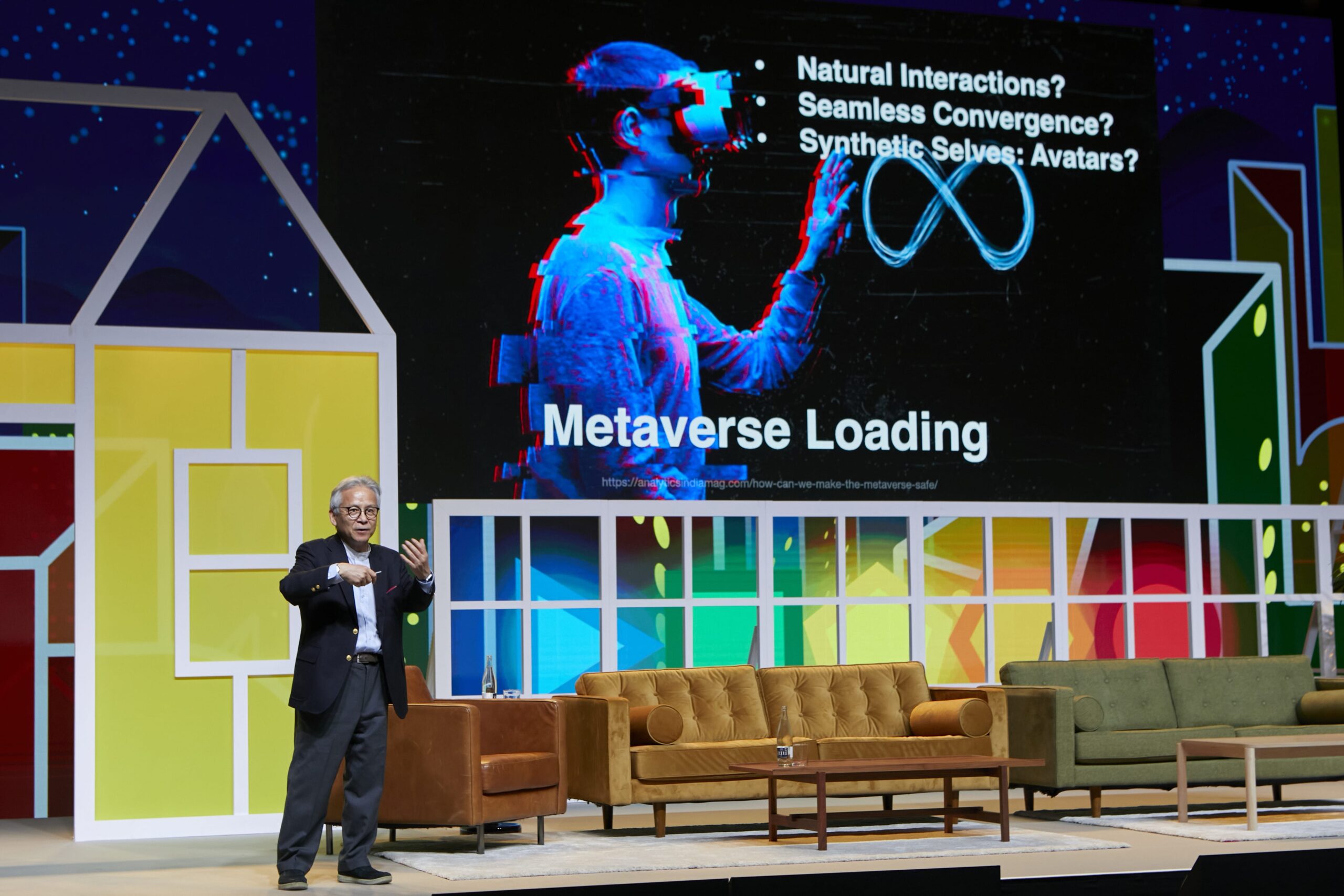Author | Jaime Ramos
When Marshall McLuhan coined the phrase "The medium is the message" he seemed to anticipate the impact digitalization was going to have decades later. That message or digital representation of society is developing, it is alive and requires, more than ever, adaptive ethics. This is the aim of digital citizenship.
What is digital citizenship?
Digital citizenship refers to the application of a code or standard for the responsible use of countless resources or access routes offered by the digital universe: from a computer or smartphone, to more advanced forms such as the metaverse or AI-based engines.
The "physical reality" has had thousands of years to reflect and perfect ethical, moral and legal regulatory models. However, these require a specific degree of adaptability within the digital medium to prevent new forms of negligence and abuse. Digital citizenship focuses on this objective.
Key principles of digital citizenship

It does so through nine principles:
- Netiquette. This refers to respectful and appropriate communication on the medium used.
- Communication or correct use of language.
- Education. Based on digital tools that foster education.
- Access. Community integration and cohesion, without favoring discrimination.
- E-commerce that is reliable and protects consumers.
- Responsibility. Legal classification and determination of digital conduct to which responsibility should be applied.
- Rights. Universal freedom of use.
- Ergonomics. Favoring inclusion through digital resources.
- Insecurity. Creation of digital systems to protect against potential threats and incorrect use.
The principles date back to 2004 and were established by the American researchers Mike Ribble, Gerald Bailey, and Tweed Ross in the article Digital Citizenship: Addressing Appropriate Technology Behavior.
Current challenges in terms of digital citizenship
This classification may seem somewhat theoretical. However, researchers already predicted that we would need instruments to combat today’s challenges. Over the years a number of dangerous phenomena have emerged as a result of digital environments. Some examples of negative digital citizenship behavior include:
- Disinformation and fake news.
- Unlawful or incorrect use of digital resources.
- Online abuse and cyberbullying.
- Cybercrime.
- Unwanted disclosure of privacy and intimacy.
- Inciting sexual exploitation.
- Increasing technology dependency or social isolation.
- Child vulnerability and emergence of learning-related problems.
The importance of education for the digital citizenship concept.
How can we combat these negative aspects of today’s digital world? Education is essential to promote the good practices supported by digital citizenship. The negative practices outlined above stem from a context of lack of knowledge and protection for users and is more common in earlier stages of learning.
Digital citizenship aims to introduce a series of healthy practices. These include extending Human Rights to the digital world in a global manner, creating specific instruments that enable increased responsible use. Some are as simple as:
- Practice digital literacy, provide the skills required to understand and use information technologies.
- Promote and disseminate single rules of engagement that protect against abusive practices. These should include the definition of users’ rights and obligations.
- Focus on the development of critical use of technologies, through analytical teaching of online tools and information flow.
Digital citizenship, in short, gives us an idea of world which, almost certainly, will become more complex given the enormous impact new variables are already having such as artificial intelligence.
Images | Gilles Lambert, Freepik/freepik






















